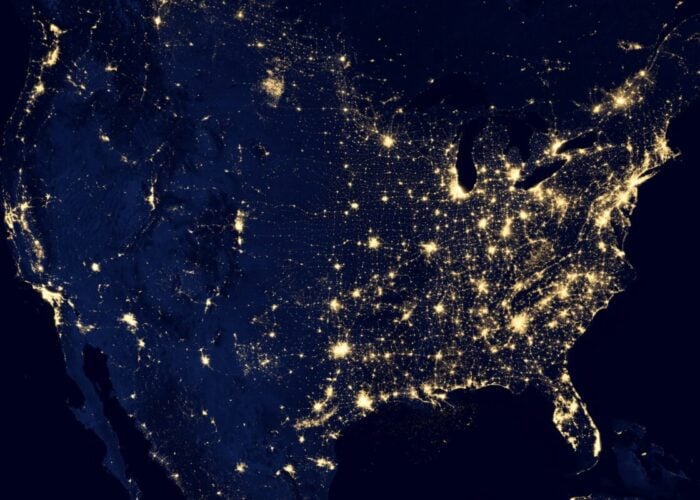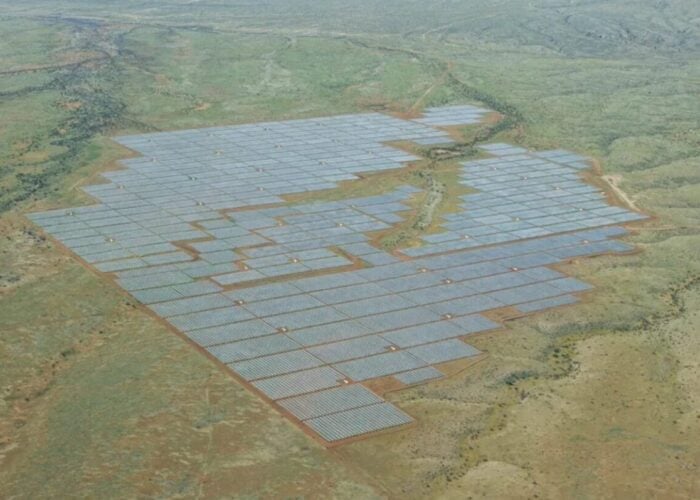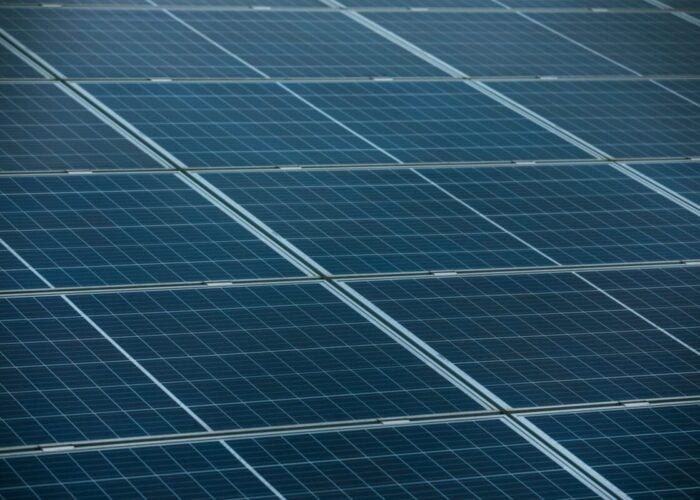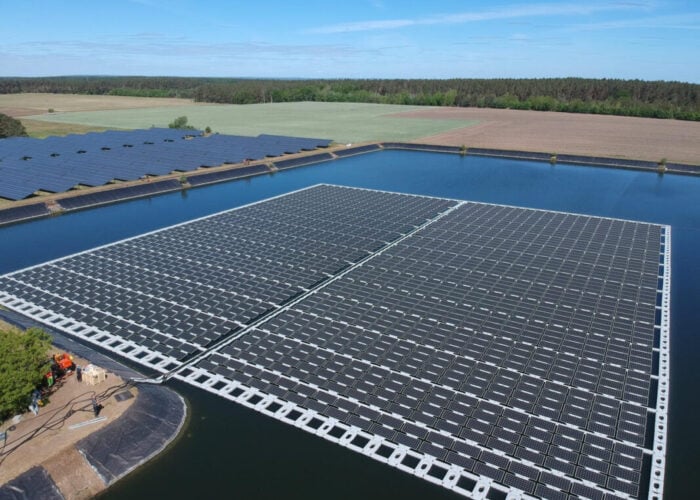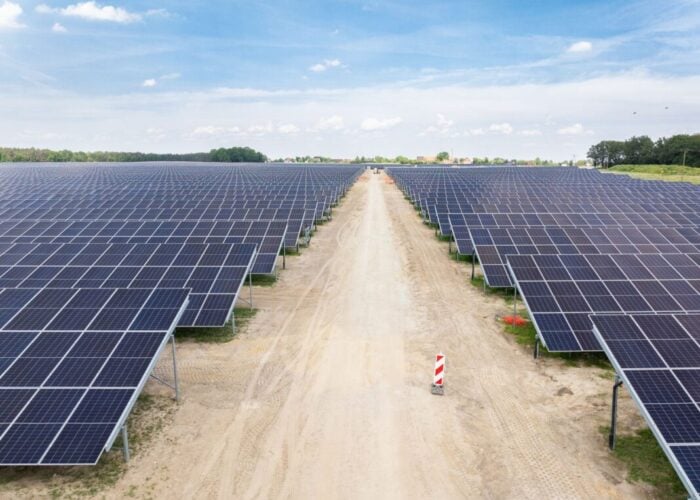German chemical company Merck will lead a consortium to develop high-efficiency cobalt-based dye-sensitised solar cells (DSSCs).
The German Federal Ministry of Education and Research (BMBF) will provide around €3 million (US$4 million) for project COBRA (organic cobalt-based low-cost printable large-area photovoltaics), which will run for three years.
Unlock unlimited access for 12 whole months of distinctive global analysis
Photovoltaics International is now included.
- Regular insight and analysis of the industry’s biggest developments
- In-depth interviews with the industry’s leading figures
- Unlimited digital access to the PV Tech Power journal catalogue
- Unlimited digital access to the Photovoltaics International journal catalogue
- Access to more than 1,000 technical papers
- Discounts on Solar Media’s portfolio of events, in-person and virtual
The research project also includes 3GSolar from Israel and Colour Synthesis Solutions (CSS) from Manchester, United Kingdom.
The partners in the project will attempt to significantly increase the efficiency and stability of dye-sensitised solar cells. Merck claims this is to be achieved, among others, by using a new cobalt-based redox system in a non-volatile electrolyte of the cell. Furthermore, the large-area dye-sensitised solar cells being developed are to have a projected lifetime of more than 20 years.
This technology is expected to offer an economically attractive to PV technologies already available today.
Merck is contributing to the COBRA project by developing high-performance cobalt-based electrolyte solutions. Over the course of several generations, the electrolyte is precisely tailored to the dyes developed by CSS. The sub-project of 3GSolar focuses on optimising the electrodes and the configuration of the dye-sensitised solar cells. Merck claims this ensures a harmonious interaction of all materials used, which is essential to the overall performance of dye-sensitised solar cells.
DSSCs generally convert light over a wide range of intensity into electricity. In both diffuse light and direct sunlight, electricity can be generated without compromising on performance even at elevated temperatures. As their light transmittance can be flexibly adjusted, they are ideally suitable for use in building façades and can contribute, for example, to supplying energy to office buildings. Further applications for indoor use include mobile charging stations for small electronic devices as well as power supply units for sensors (for measuring temperature, air humidity, etc.) and for electronic, wireless price displays in the wholesale and retail sector.
The project followed the call of the European Commission for sponsoring collaboration among national research programs within the scope of the initiative OLAE+ (Organic and Large Area Electronics European Competition for Collaborative R&D Funding). This initiative is sponsored in Germany by the BMBF.

